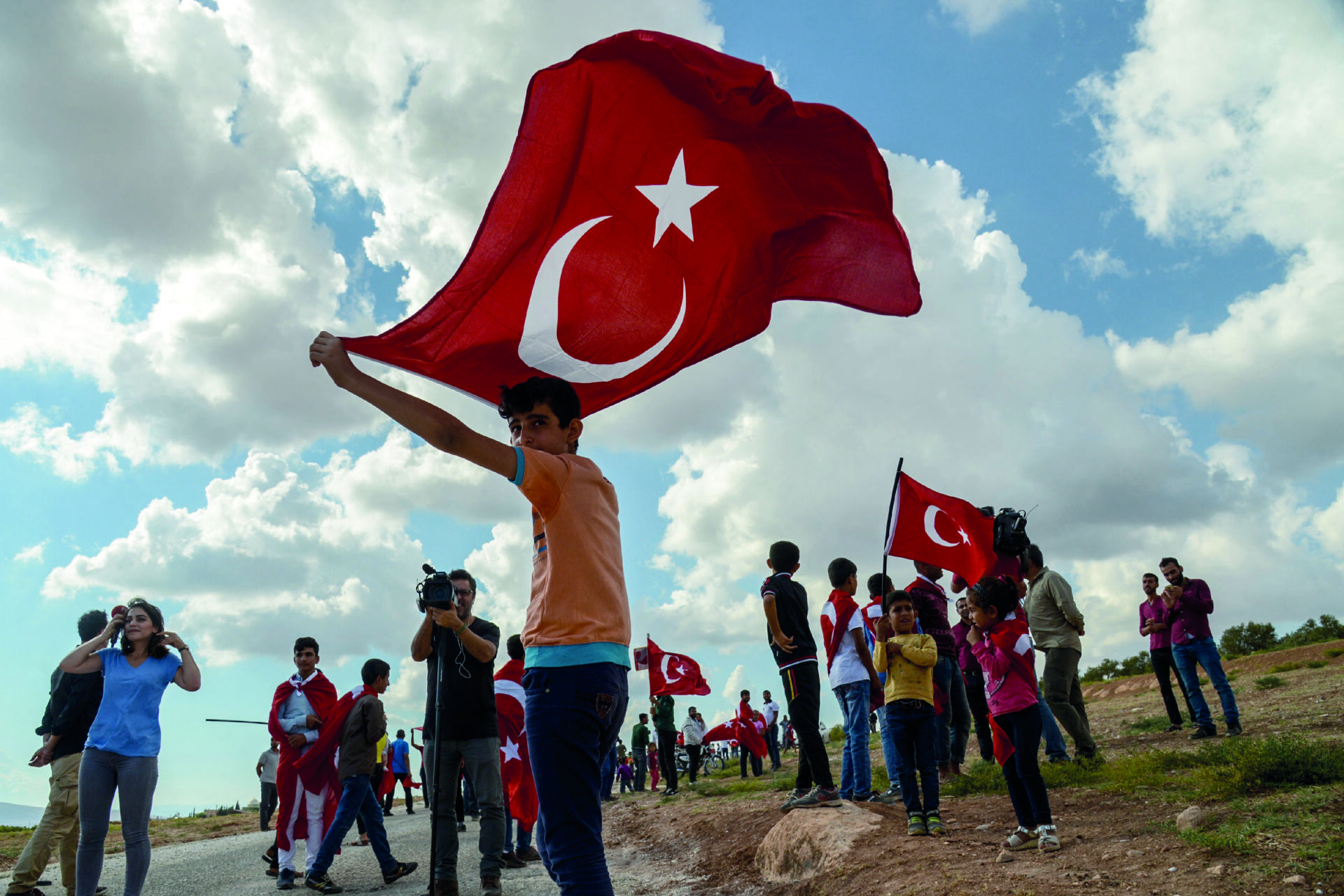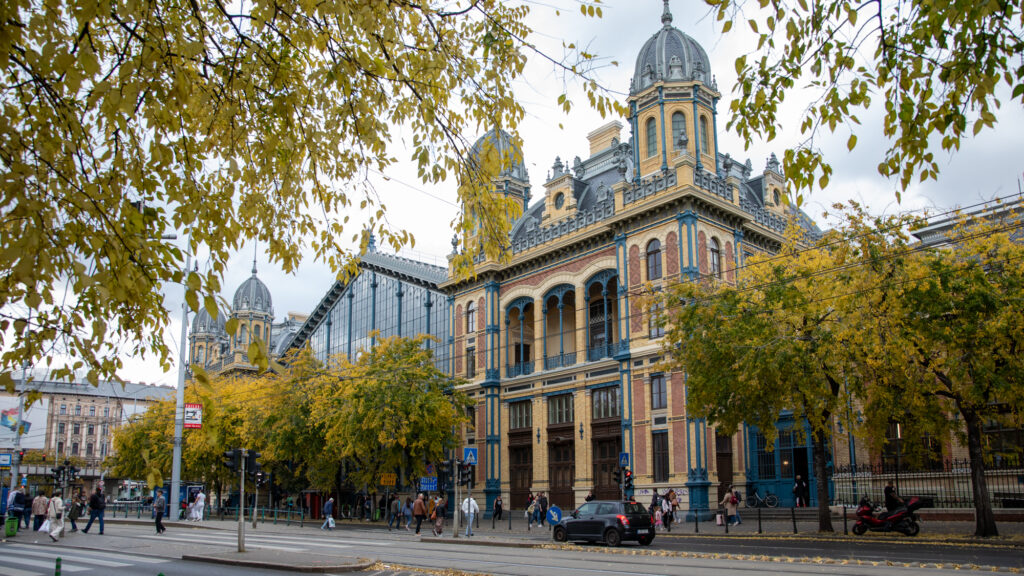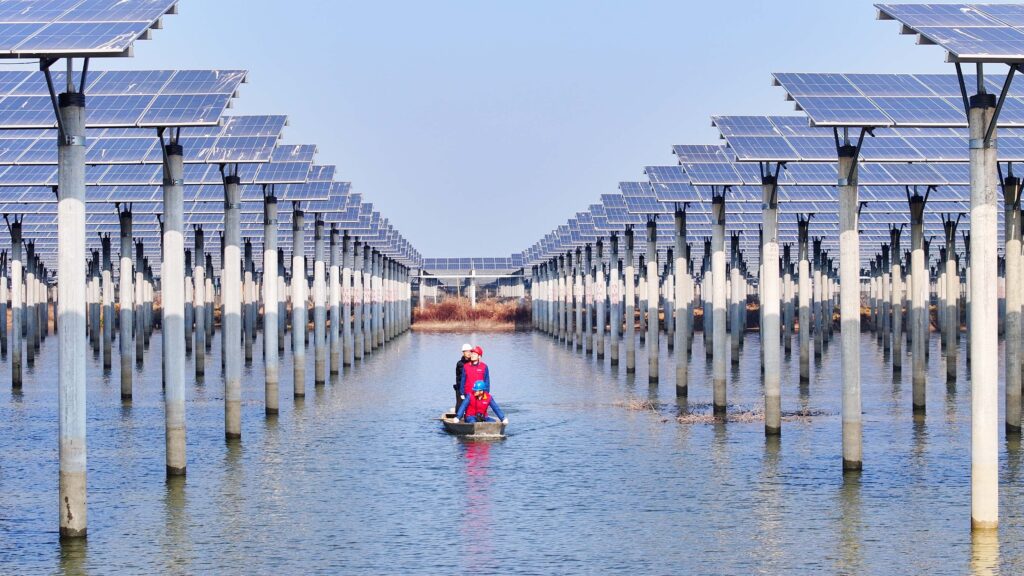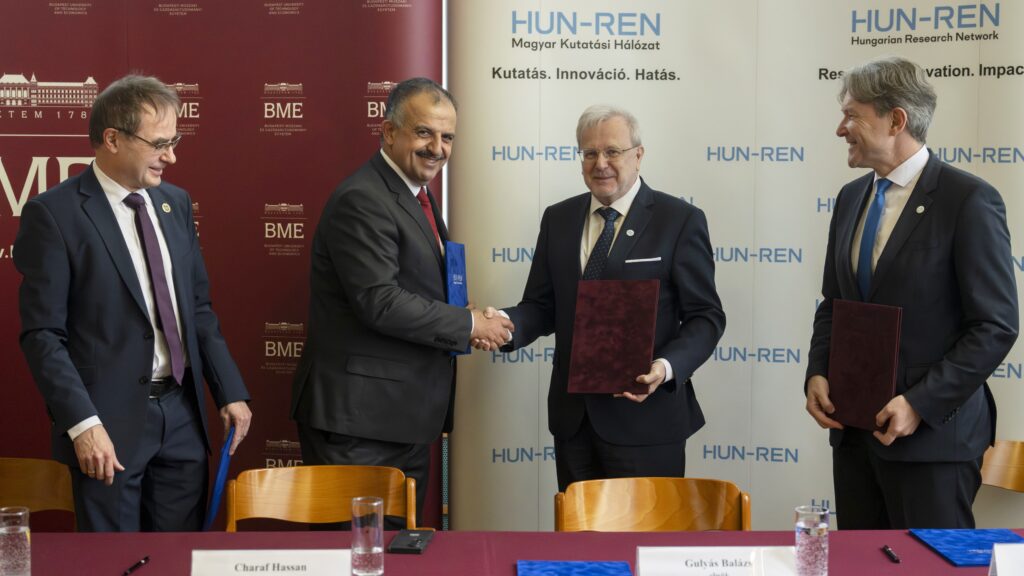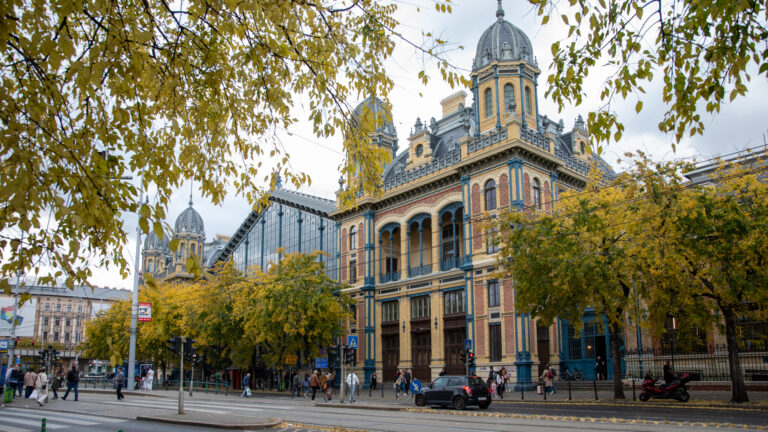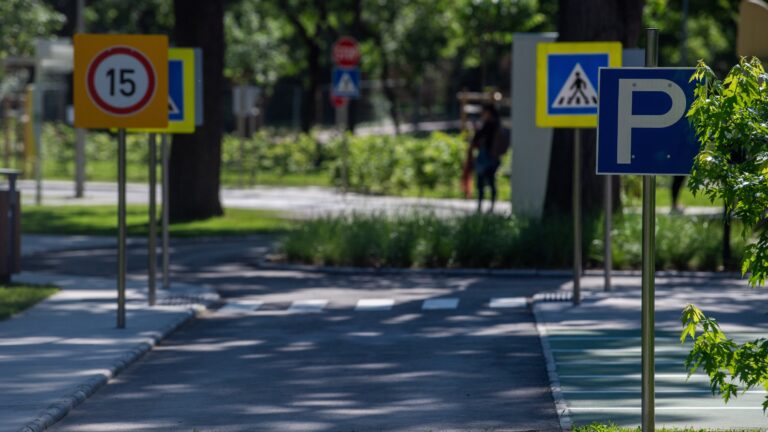In September 2025, a memorandum of understanding was signed in Amman by Türkiye, Syria, and Jordan regarding the renovation of the Hejaz railway. This memorandum shares the responsibilities of the renovation project among the signing states, with Türkiye clearly taking the main role, as Ankara took responsibility for financing the renovation and filling the missing parts of the railway track. This deal is not only reconnecting Türkiye with the Arab states but is also part of a broader foreign policy angle, often referred to as neo-Ottomanism.
Neo-Ottomanism is a virtual, unofficial foreign policy that aims to shape a supranational identity based on a new Ottoman imperialism idea, which heavily relies on involvement and inclusion. As part of this foreign policy, this new perspective focuses on extending the state’s influence over neighbouring territories through mainly soft power, economic leverage, and social connectivity with Arab societies.
Arab countries play a crucial role in Türkiye’s new unofficial foreign policy, as Ankara can position itself as one of the strongest regional actors in the region as an important middle power. Through neo-Ottomanism, Ankara is aiming to enhance its image and position in the Middle East region, with closer ties to southern states such as Saudi Arabia or Jordan. The main connecting points in this policy are business ties and investments, which are also used to create a better vision of Türkiye in the eyes of Arab societies.
Hejaz Railway as Part of Neo-Ottomanism
The Hejaz railway is a historical transportation route that used to connect the homeland of the Ottoman Empire with its southern border. During the early 20th century, the railway was used to shorten pilgrim journeys to Medina, facilitate trade in agricultural products, and boost domestic migration within the empire. But why can this railway route be important today, and how does it play a highlighted role in current Turkish foreign policy?
‘The main benefit is possibly through the soft power effect of the railway’
In the current days, Türkiye is facing several challenges with its foreign policy and foreign relations toward the Middle East region. While multiple middle powers are racing for regional hegemon status in the area, Ankara also has to face criticism, which is often used against the state, that it doesn’t belong to either the Middle East or Europe but is somewhere in between as a transit country. To overcome this narrative, Türkiye must strengthen its ties with one of the regions to show its belonging there.
After the failure of the 2016 negotiations with the European Union, a shift can be detected in Turkish foreign policy. Since that time, Türkiye has been aiming to be more accepted as an important Middle Eastern state that can play a hegemonic role in the region.
The two strongest tools for Ankara are soft power and economic involvement in several Arab states. The Hejaz railway route represents both tools mentioned above. As Ankara agreed to finance the building of the missing 30 km route section in Syria and also provide technical expertise for the project, Türkiye aims to stay as closely connected financially and economically to the project as possible. At the same time, joint mega-projects like this are always great ways to create long-term cooperation among multiple states, which helps shape Türkiye’s picture in the eyes of Arab partner states.
The Railway’s Advantage for Türkiye
Türkiye benefits on multiple levels from this deal, which shows the importance of this project for Ankara. The main benefit is possibly through the soft power effect of the railway. Based on the memorandum, the railway could be a tool to increase tourism between Türkiye and the Gulf Peninsula and to shorten the journey for pilgrims travelling toward Medina, one of the most crucial religious cities in the Middle East. The potentially increasing number of tourists and pilgrims could be used as a tool for Türkiye to shape the state’s picture in Arab societies and create a more sympathetic image of the state itself.
Another important benefit for Ankara can be the economic gains through project execution and the new trading routes the project could offer. As mentioned above, Türkiye provides technical expertise through several Turkish companies that will work on different parts of the project. At the same time, the memorandum mentions the possibility of an expanded road that would connect Türkiye with Jordan besides the railway, which could be used by trucks to provide the possibility for higher volumes of trading.
Strengthening trading ties with Jordan can also be useful for Türkiye in light of Red Sea access. Jordan has the Aqaba port on the northern bank of the Red Sea, which plays a crucial role in sea trade for multiple Middle East countries. By connecting Jordan with Türkiye, Ankara could gain direct access to Aqaba, which could increase the country’s trading capacities with the global south. This could play a crucial role in the future for Ankara, since in past years Erdoğan has signed several trading deals with states from the global south, for example, Somalia.
Toward Middle East Primacy
The renovation of the Hijaz railway is not an independent project but part of broader Turkish foreign policy, which aims to elevate Türkiye’s position in the Middle East hierarchy. Through neo-Ottomanism, Ankara is not only striving to be a strong actor in the region but also to be indispensable to the local states.
By strengthening ties with Syria and Jordan, Erdoğan opened the gates for further cooperation with the Arab states, expecting to deliver deeper economic and political alliances. Türkiye used its soft power with a good sense of timing in the previous decades, and the currently worsening Israeli reputation allows Ankara to gain sympathy from other states and deliver cooperative projects like the Hijaz railway.
These minor agreements might seem irrelevant for the global hierarchy at first, but in reality, these cooperations can play crucial parts in the race for regional hierarchy dominance. A race, where Türkiye strongly represents itself, with the desire to overcome states like Iran, Egypt, Saudi Arabia, and even Israel.
Related articles:

